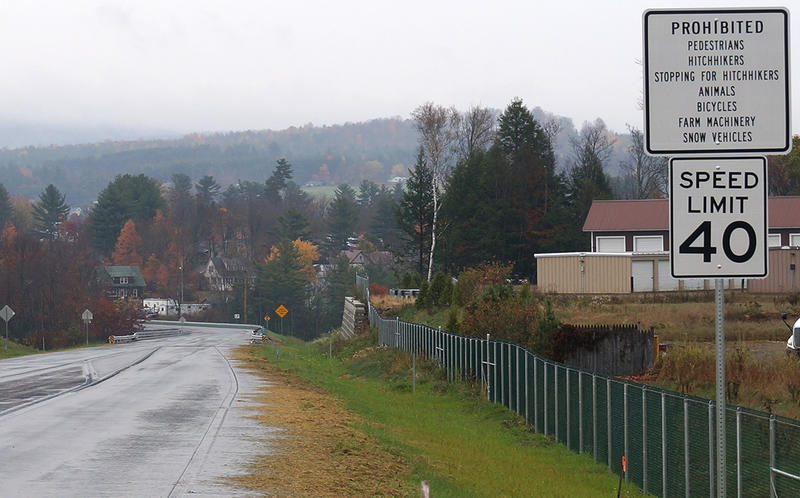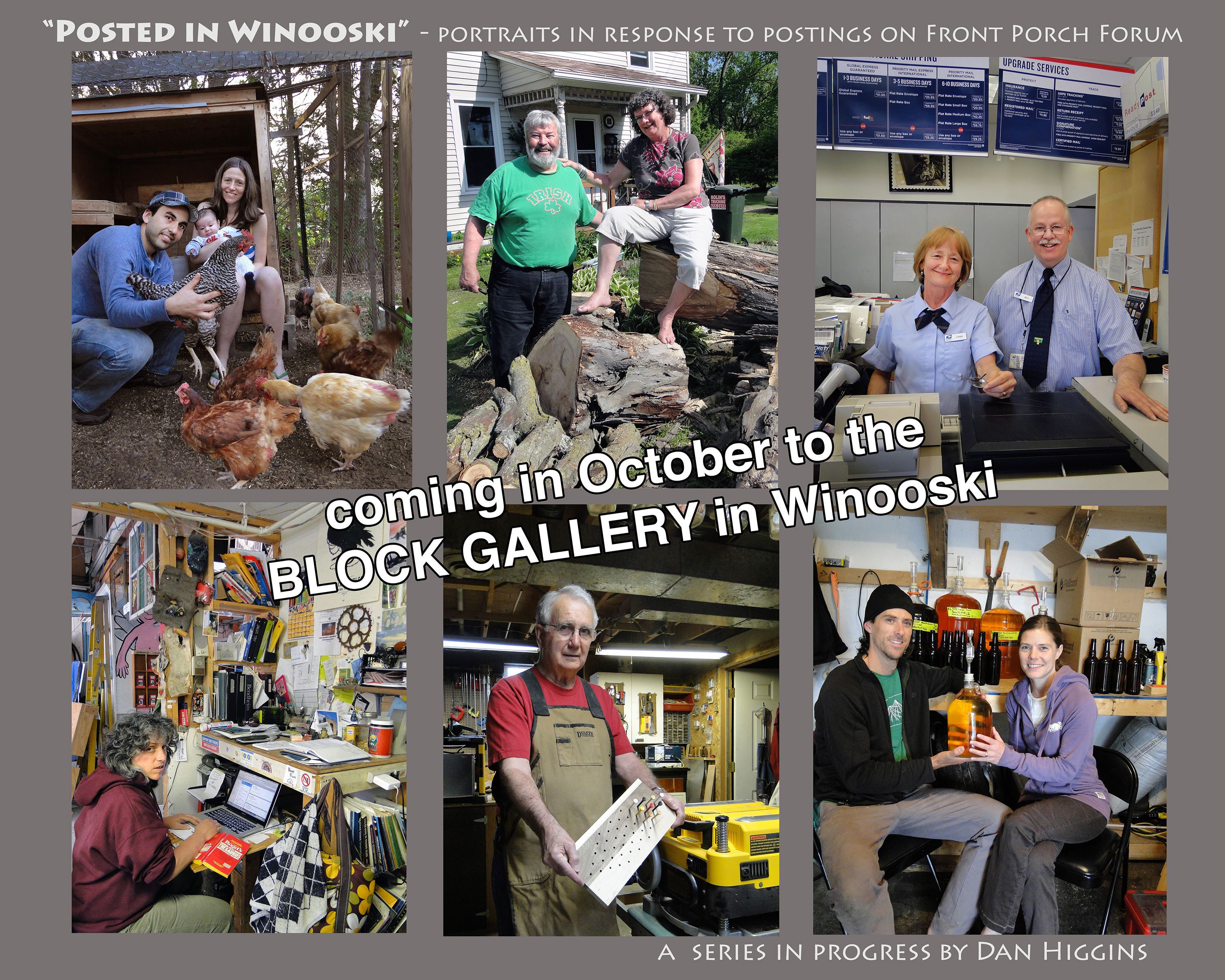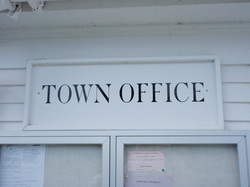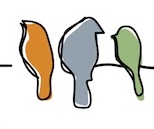Category Archives: Democracy
Working toward peace & justice… from the ground up
 If there is to be peace in the world,
If there is to be peace in the world,
there must be peace in the nations.
If there is to be peace in the nations,
there must be peace in the cities.
If there is to be peace in the cities,
there must be peace between neighbors.
If there is to be peace between neighbors,
there must be peace in the home.
If there is to be peace in the home,
there must be peace in the heart.
• Lao-Tse,
#602, Singing the Living Tradition, Unitarian Universalist Association
Working toward peace and justice… whether focused on nations, cities, neighborhoods, families or individuals… it’s all important and necessary. It seems that each level of work is required to support the levels that are closer to the ground. E.g., Front Porch Forum is focused on neighbors; however, we must also work with FPF members who do not have a certain amount of peace in the heart.
Compelling one-day conference Sept. 23…
Registration just opened for…
Vermont Connected: Envisioning the Future of Vermont’s Digital Economy
Tuesday, September 23, at the Vermont State House in Montpelier.
Vermont Connected will be the culmination of the work of the Vermont Digital Economy Project, looking forward to Vermont’s future and sharing recent lessons learned from helping small businesses, nonprofits and towns in Vermont to effectively use digital tools. Tracks include:
- Educating for a Digital World
- K-12 and Beyond
- Bridging the Digital Divide
- Building Effective Organizations
- For Nonprofits
- For Small Businesses
- Creating Resilient Communities
- Open Data in Government and Beyond
- Resilience through Engagement
- Steering Vermont’s Digital Future
- Vermont’s Technology Industry
- The Creative Economy
Learn more and register today!
Front Porch Forum is one of many participating organizations.
Sorting into tribes vs. connecting with a variety of neighbors
From Lisa Prevost’s recent article in the New York Times about using data and web services to find the “perfect” suburb…
… the Spektors were overwhelmed by the prospect of trying to distinguish among the hundreds of commuter towns surrounding New York. So they turned to Suburban Jungle Realty Group, a personal relocation firm that works one-on-one with city dwellers looking to move to the “right” suburb…
Though novel in its business model, Suburban Jungle is part of a controversial industry trend that caters to home buyers who have both the desire and the ability to cherry-pick their surroundings. Other real estate websites are supplying home buyers with loads of hyper-specific community data, including racial makeup, percent of married households and education level…
Want to find a “family-friendly” community within 20 miles of Boston with a high Asian population, a low poverty rate and a median home value of $400,000? On NeighborhoodScout.com, you can plug in these preferences (and many more) on the subscription-only “Advanced Search” page and get a ranked list of options…
This trend raises some thorny questions. The growing accessibility of highly detailed demographic data plays into the natural tendency of home buyers to look for “people like us,” which is as old as the subdivided hills…
Bill Bishop, a Texas journalist and the author of “The Big Sort: Why the Clustering of Like-Minded America Is Tearing Us Apart“ (Houghton Mifflin, 2008), argues that this tribalism is a major driver of the country’s deepening political polarization. Over the last 30 years, he says, greater mobility, laws enforcing racial equity and prosperity have given Americans even more choice about where to live. Will Internet-enhanced abilities to scout out communities intensify that sorting effect?
Front Porch Forum works in a different direction. People use FPF to connect with their existing neighbors, despite their differences. A 2013 survey found that 60% of recent FPF posters had met multiple neighbors due to their local Front Porch Forum. This isn’t an accident. We created FPF to counter the problems outlined in “The Big Sort” and Robert Putnam’s “Bowling Alone.” More from the Times article…
… the growing accessibility of so much demographic data has the potential to fuel the segregation that is already increasing along a number of lines economically, racially, ideologically. Mr. Bishop, the author of “The Big Sort,” argues that as other forms of community have gone away or weakened, Americans are increasingly reordering themselves around shared values and areas of interest. “Given a choice,” he said, “people choose to segregate themselves into these places where they can surround themselves with people like themselves.”
This self-segregating boosts people’s sense of well-being by satisfying the need to belong, says Mr. Motyl, who studies ideological migration. But the resulting decrease in contact with anyone who thinks differently serves to heighten partisanship. “It allows us to become more extreme in our own ideas,” Mr. Motyl said, “and is one explanation for why our system has become so gridlocked.”
About Blog
Ghost of Midnight is an online journal about fostering community within neighborhoods, with a special focus on Front Porch Forum (FPF). My wife, Valerie, and I founded FPF in 2006... read more
Post Categories
- Uncategorized
- PDF2009
- Calendar
- Northeast Kingdom
- podcast
- Peer Rental
- Localization
- Big Tech
- Events
- PDF2007
- Web Traffic
- Google AdSense
- Pay It Forward
- Elections
- berkmansunlight
- Maps
- Video
- Upstate New York
- Coupons
- Wildlife
- Mobile
- Viral Marketing
- Raffle
- Crisis Response
- Donations
- Lost & Found
- Real Estate
- College Students
- Gratitude
- Social Responsibility
- Orton Family Foundation
- Start ups
- Make It Your Own Awards
- Online Civility
- Clay Shirky
- Newspapers
- Humor
- How To Use FPF
- Online Classified Ads
- Peer Reviews
- Best of FPF
- Politics
- Community Management
- Economic Development
- Local Reviews
- Case Foundation
- Borrow and Lend
- Neighborhood Watch
- Good Government
- Small Business Advertising
- Citizen Journalism
- e-Vermont
- Democracy
- Local Search
- Knight Foundation
- Burlington
- MacArthur Fellows
- Civic Engagement
- Social Media
- social capital
- Social Networking
- Vermont
- Neighborhood
- Community Building
- Local Online
- Front Porch Forum

 I want to publicly thank our town clerk for the great effort and use of
I want to publicly thank our town clerk for the great effort and use of 


 In other business, [the chairman of the Sunderland Selectboard] said there has been discussion lately on
In other business, [the chairman of the Sunderland Selectboard] said there has been discussion lately on 
